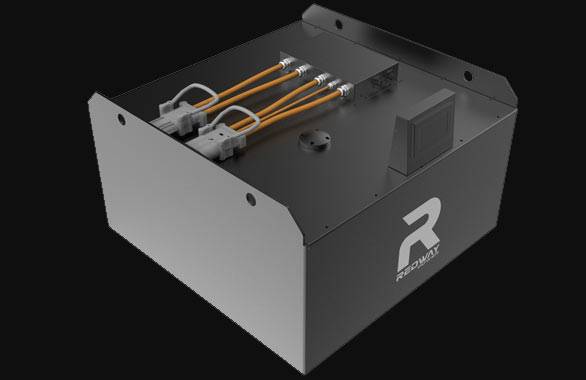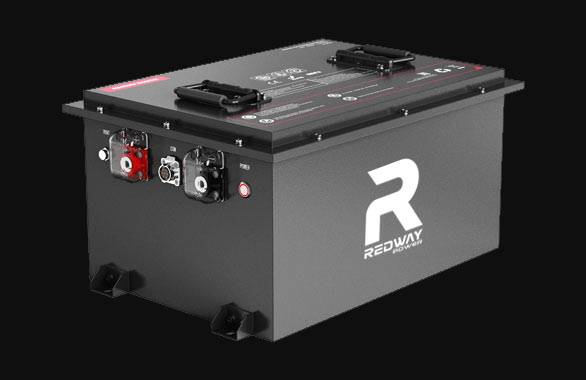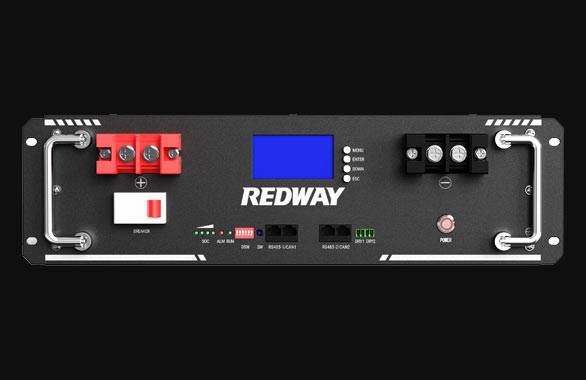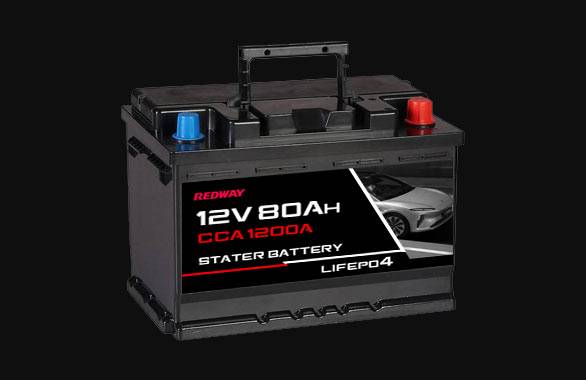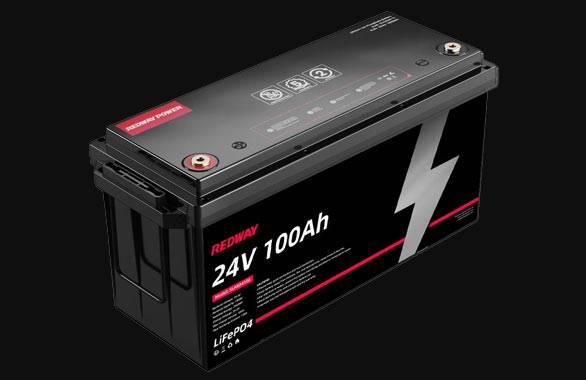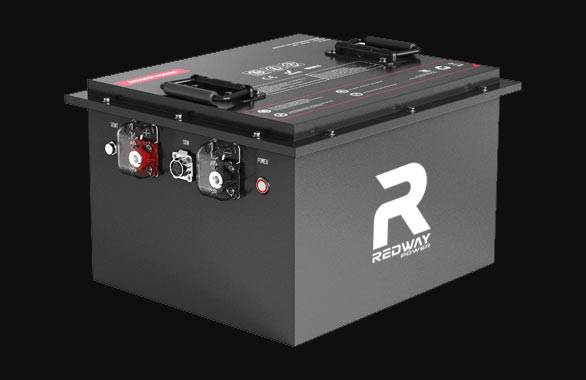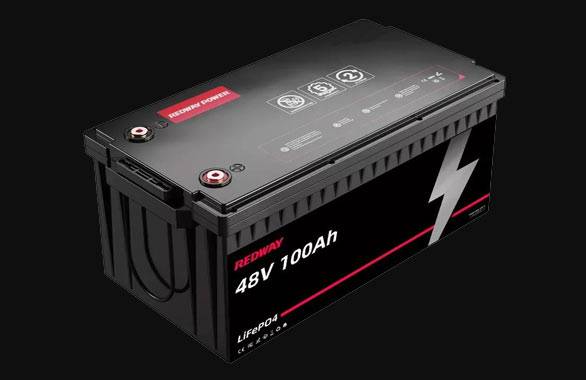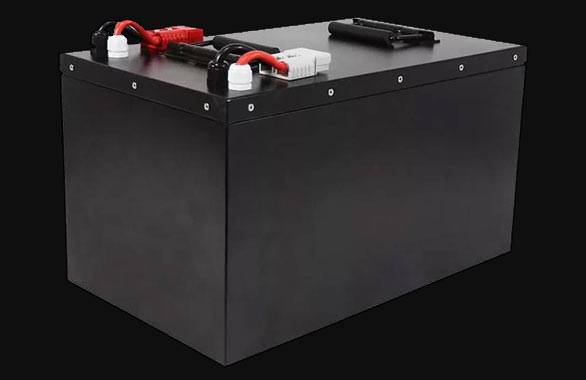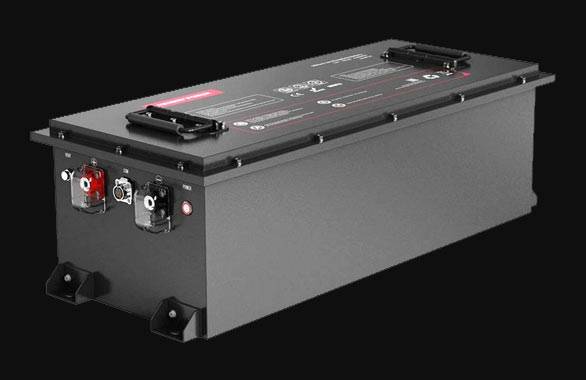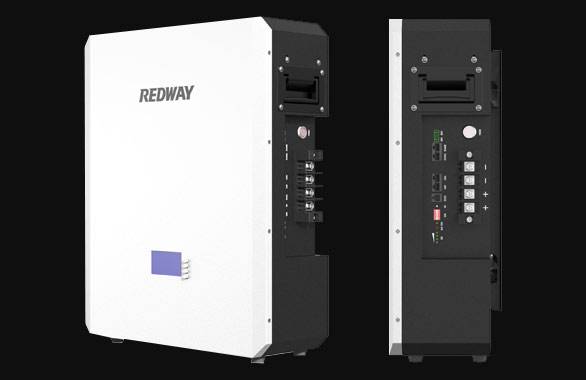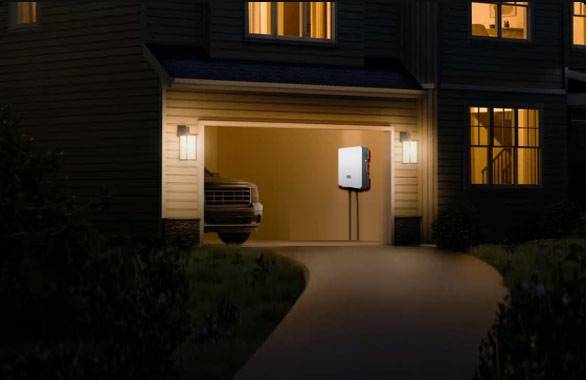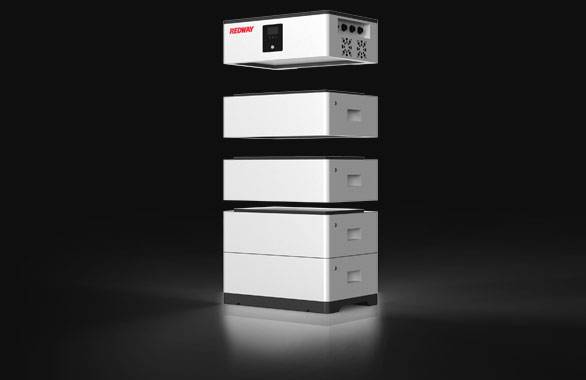- Forklift Lithium Battery
- Golf Cart Lithium Battery
- Rack-mounted Lithium Battery
51.2V 100Ah Rackmount LiFePO4 Battery
8000 times (80% DOD 0.5C)
Optional SNMP for TELECOM - Car Starter Battery
- 12V LiFePO4 Battery
12V 150Ah Lithium RV Battery
Bluetooth App | Self-heating
LiFePO4 | Group 31
UL 1642 | IEC 62619 - 24V LiFePO4 Battery
- 36V LiFePO4 Battery
- 48V LiFePO4 Battery
- 60V LiFePO4 Battery
60V 100Ah Lithium Battery (AGV, AMR, LGV)
Peak Discharge Current 400A
500 x 298 x 349 mm - 72V~96V LiFePO4 Battery
72V 100Ah Lithium Golf Cart Battery
Peak Discharge Current 315A (10S)
740 × 320 × 246 mm - Wall-mounted Lithium Battery
51.2V 100Ah 5kWh
Wall-mounted Battery532 x 425 x 170 mm / LiFePO4
>8000 Cycles (80% DOD 0.5C)
RS485 / CAN-bus
for Solar Home ESS - Home-ESS All-in-One
51.2V 32kWh
All-in-On HESS SystemPowerAll
51.2V / LiFePO4
>8000 Cycles (80% DOD 0.5C)
RS485 / CAN-bus / WiFi
All-in-One for Home ESS
How to Choose the Best 51.2V Forklift Battery for Your Needs
Choosing the right forklift battery is crucial for efficiency and safety in material handling operations. The 51.2V forklift battery is a popular choice due to its high performance, long lifespan, and compatibility with various forklift models.
How Do 51.2V Forklift Batteries Work?
51.2V forklift batteries operate using lithium-ion technology, which allows for efficient energy storage and delivery. These batteries consist of multiple cells that work together to provide a stable voltage output, ensuring that forklifts can operate effectively over extended periods without frequent recharging.
What Are the Key Features of 51.2V Forklift Batteries?
The key features of 51.2V forklift batteries include:
- High energy density: Offers longer run times compared to traditional lead-acid batteries.
- Fast charging capability: Reduces downtime significantly.
- Lightweight design: Enhances forklift maneuverability.
- Durability: Built to withstand harsh operating conditions.
| Feature | Description |
|---|---|
| Energy Density | High, leading to longer operational hours |
| Charging Speed | Rapid, allowing quick turnaround |
| Weight | Lightweight, improving forklift efficiency |
| Durability | Resistant to wear and tear |
Which Manufacturing Processes Are Used for Lithium-ion Batteries?
The manufacturing process for lithium-ion batteries involves several critical stages:
- Electrode Manufacturing: Mixing materials, coating, and pressing.
- Cell Assembly: Layering electrodes with separators and housing them.
- Finishing Processes: Formation, aging, and rigorous testing to ensure quality.
This meticulous process ensures that each battery meets high-performance standards.
Why Are Safety Standards Important for Forklift Batteries?
Safety standards are paramount in the production of forklift batteries to prevent accidents and ensure reliability during operation. Compliance with certifications such as CE, UL2580, and ISO 9001 guarantees that the batteries are tested for safety and performance under various conditions.
Who Should Consider Using 51.2V Forklift Batteries?
Businesses operating in industries such as warehousing, manufacturing, and logistics should consider using 51.2V forklift batteries due to their efficiency, cost-effectiveness over time, and reduced maintenance requirements compared to traditional lead-acid batteries.
Where Can You Find Compatible Forklift Models?
Many forklift manufacturers offer models compatible with 51.2V batteries, including:
- Hyster-Yale
- Crown
- Toyota
- Raymond
- Combilift
These brands have designed their equipment to effectively utilize lithium-ion technology.
Can You Customize Your 51.2V Forklift Battery?
Yes, many manufacturers provide customization options for 51.2V forklift batteries based on specific operational needs or OEM requirements. Customization may include adjustments in capacity, dimensions, and additional features tailored to unique applications.
| Customization Option | Description |
|---|---|
| Capacity | Options ranging from 450Ah to 560Ah |
| Size | Tailored dimensions for specific forklifts |
| Features | Additional safety or performance enhancements |
What Are the Alternatives to Traditional Lead-Acid Batteries?
While lead-acid batteries have been the standard in many applications, lithium-ion batteries like the 51.2V model offer significant advantages:
- Longer lifespan (up to twice as long)
- Reduced weight leading to better performance
- Faster charging times
For those seeking alternatives, Redway Power provides excellent lithium battery solutions tailored for various applications.
Tips for Battery Wholesale Buyers
When considering wholesale purchases or OEM orders for forklift batteries, it is essential to:
- Evaluate manufacturer reliability and experience.
- Ensure compliance with safety standards.
- Request customization options based on your specific needs.
Redway Power, a well-known lithium battery manufacturer with over 13 years of experience, is an excellent choice for battery wholesale buyers looking for high-quality products.
Redway Power Expert Views
“Investing in lithium-ion technology not only enhances operational efficiency but also significantly reduces long-term costs associated with battery maintenance and replacement,” states an expert from Redway Power.In conclusion, choosing a 51.2V forklift battery can greatly improve your material handling operations by providing reliable power, reducing downtime through fast charging capabilities, and offering a lightweight solution that enhances overall efficiency.
FAQ Section
- What are the benefits of using a lithium-ion forklift battery?
Lithium-ion forklift batteries provide longer run times, faster charging capabilities, lower maintenance costs, and increased durability compared to traditional lead-acid batteries. - How do I know if my forklift is compatible with a 51.2V battery?
Check the manufacturer’s specifications or consult with your dealer to confirm compatibility with models from brands like Hyster-Yale or Toyota. - Can I customize my forklift battery?
Yes, many manufacturers offer customization options tailored to specific operational needs or OEM requirements.


